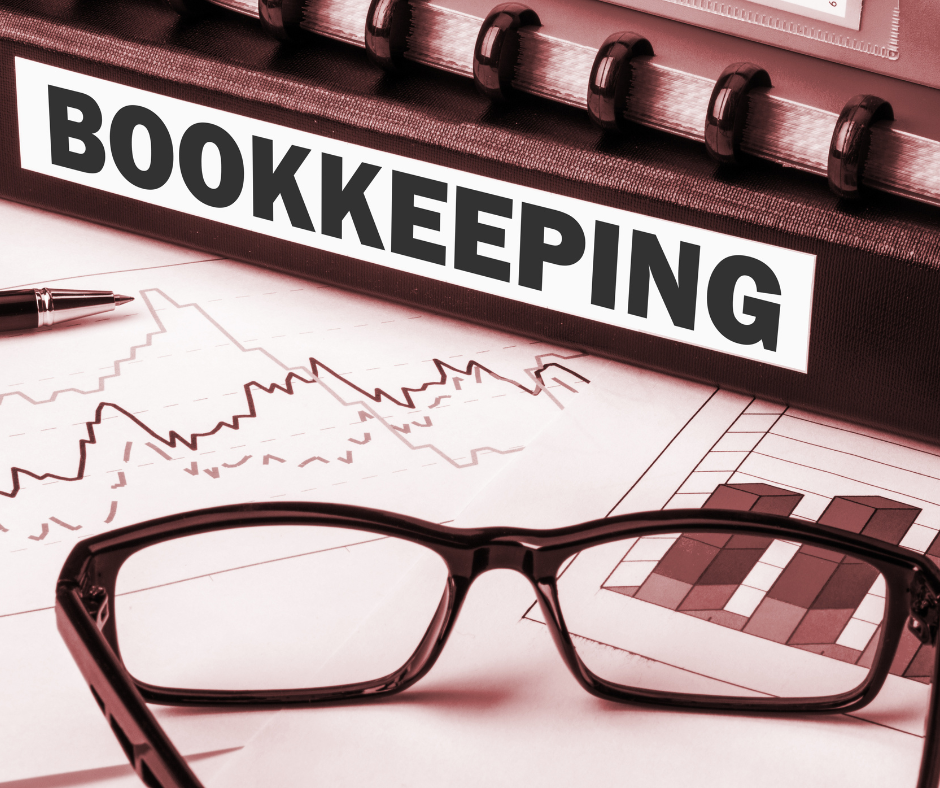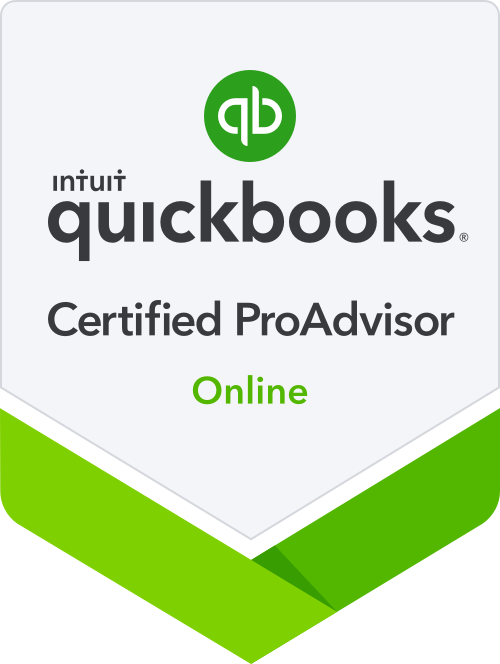Quarterly Estimated Taxes for Small Business Owners
Estimated quarterly taxes are most commonly paid by freelancers, self-employed individuals, and small business owners, who are responsible for making these payments on their own. The due dates for these payments change each year, and late payments can result in penalties and cash flow problems, which is something no small business owner wants to face.
In this blog, Gordian Financial will guide you through understanding quarterly estimated taxes, calculating them, key deadlines, and best practices for staying compliant.

What are quarterly estimated taxes?
Quarterly taxes are estimated payments you must make to the IRS every three months, typically due on the 15th of January, April, June, and September. Instead of receiving a “bill,” you pay an estimate based on the income you earned during that quarter.
If you don’t pay enough tax by the due date for each payment period, you may be charged a penalty, even if you’re due a refund when you file your income tax return.
How to calculate quarterly estimated taxes
For more accurate calculations:
- Estimate Your Taxable Income – Add up all sources of income, including business revenue, investments, and any other earnings.
- Determine Your Deductions – Subtract business expenses, self-employment deductions, and other eligible write-offs.
- Calculate the Tax Owed – Use the IRS tax brackets to determine how much you owe in income tax, self-employment tax (Social Security & Medicare), and any applicable state taxes.
- Divide by Four – Since these payments are made quarterly, divide your estimated total tax by four to determine your quarterly payment.
For more precise calculations, use the IRS Form 1040-ES or consult a tax professional like Gordian Financial.
Quarterly tax deadlines
The IRS requires quarterly tax payments to be made by these deadlines each year:
- April 15 – Covers income earned from January 1 to March 31
- June 15 – Covers income earned from April 1 to May 31
- September 15 – Covers income earned from June 1 to August 31
- January 15 (of the following year) – Covers income earned from September 1 to December 31
If the due date falls on a weekend or holiday, the deadline is moved to the next business day.
How to pay quarterly taxes
You can submit estimated tax payments to the IRS through:
- Electronic Federal Tax Payment System (EFTPS) – A free, secure IRS online payment system.
- IRS Direct Pay – Allows payments from a checking or savings account.
- Credit or Debit Card – Online payments via third-party services (may include processing fees).
- Check or Money Order – Mail payments to the appropriate IRS address listed on Form 1040-ES.
Check this link to know more.
Penalties for late or underpaid taxes
Failing to make quarterly tax payments on time or underpaying can result in IRS penalties and interest. The penalty is calculated based on the amount underpaid and the number of days it remains unpaid. However, you may be able to avoid penalties if:
- Your total tax due is less than $1,000 after withholding and credits.
- You paid at least 90% of your current-year tax liability or 100% of last year’s liability.
Tax deductions that can lower your estimated tax payments
Taking advantage of deductions can help reduce your quarterly tax bill. Some common deductions include:
- Home office expenses (if you run your business from home).
- Business travel, meals, and vehicle expenses related to work.
- Health insurance premiums if self-employed.
- Retirement contributions to SEP IRA, Solo 401(k), or similar accounts.
- Depreciation and equipment costs for business operations.
Best practices for managing quarterly taxes
- Set aside tax money regularly – Keep a portion of each payment or revenue stream in a separate account for tax payments.
- Track your income and expenses – Maintain accurate records to ensure tax calculations are correct.
- Use accounting software – Tools like QuickBooks or Xero can automate estimated tax calculations and reminders.
- Consult a tax professional – If you’re unsure about your calculations or deductions, seek expert guidance to avoid costly mistakes.
Understanding and managing quarterly estimated taxes is essential for small business owners to avoid penalties and maintain healthy cash flow. By planning, tracking income and expenses, and making timely payments, you can stay compliant and reduce tax-related stress.
Need help managing your quarterly taxes?
To stay tax-compliant and stress-free, schedule a consultation with Gordian Financial.











